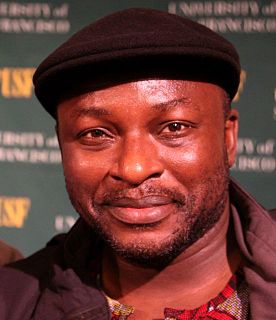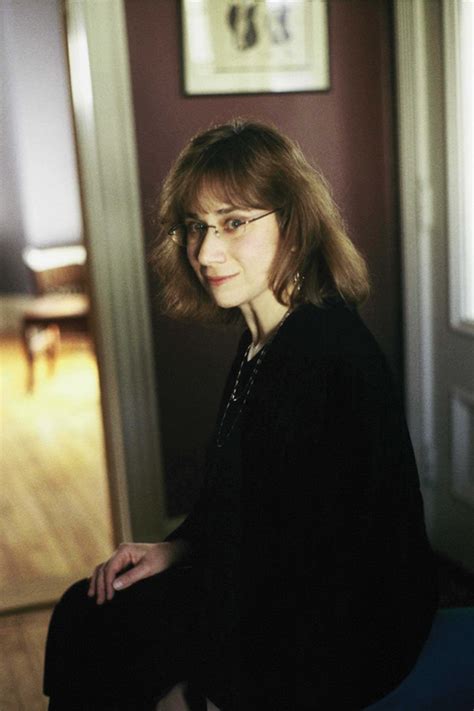A Quote by Katherine Paterson
A good story is alive, ever changing and growing as it meets each listener or reader in a spirited and unique encounter, while the moralistic tale is not only dead on arrival, it's already been embalmed. It's safer that way. When a lively story goes dancing out to meet the imagination of a child, the teller loses control over meaning. The child gets to decide what the story means.
Related Quotes
If you're a father of a child who dies, it's an experience that never leaves you. It scars you forever and ever and ever. And so when I do any kind of story with somebody who's in the same position as my daughter was, there's no question that something comes out of me and embraces that story in a way that only a father who lost a child could.
A story is a way to say something that can't be said any other way, and it takes every word in the story to say what the meaning is. You tell a story because a statement would be inadequate. When anybody asks what a story is about, the only proper thing is to tell them to read the story. The meaning of fiction is not abstract meaning but experienced meaning.
It's the form it takes when it comes out the other side, of course, that gives a story something unique--its life. The story, in the way it has arrived at what it is on the page, has been something learned, by dint of the story's challenge and the work that rises to meet it--a process as uncharted for the writer as if it had never been attempted before.
I've always assumed that every time a child is born, the Divine reenters the world. Okay? That's the meaning of the Christmas story. And every time that child's purity is corrupted by society, that's the meaning of the Crucifixion story. Your man Jesus stands for that child, that pure spirit, and as its surrogate, he's being born and put to death again and again, over and over, every time we inhale and exhale, not just at the vernal equinox and on the twenty-fifth of December.
Well, let’s start with the maxim that the best writing is understated, meaning it’s not full of flourishes and semaphores and tap dancing and vocabulary dumps that get in the way of the story you are telling. Once you accept that, what are you left with? You are left with the story you are telling.
The story you are telling is only as good as the information in it: things you elicit, or things you observe, that make a narrative come alive; things that support your point not just through assertion, but through example; quotes that don’t just convey information, but also personality.
I think the difference between a lie and a story is that a story utilizes the trappings and appearance of truth for the interest of the listener as well as of the teller. A story has in it neither gain nor loss. But a lie is a device for profit or escape. I suppose if that definition is strictly held to, then a writer of stories is a liar - if he is financially fortunate.
I wouldn't have thought that the techniques of story-telling, which is what the novel is after all, can vary much because there are two things involved.There's a story and there's a listener, whose attention you have to keep. Now the only way in which you can keep a reader's attention to a story is in his wanting to know what is going to happen next. This puts a fairly close restriction on the method you must use.
What's your story? It's all in the telling. Stories are compasses and architecture; we navigate by them, and to be without a story is to be lost in the vastness of world that spreads in all directions like arctic tundra or sea ice. To love someone is to put yourself in their place, we say, which is to put yourself in their story, or figure out how to tell yourself their story. Which means that a place is a story, and stories are geography, and empathy is first of all an act of imagination, a storyteller's art, and then a way of traveling from here to there.



































